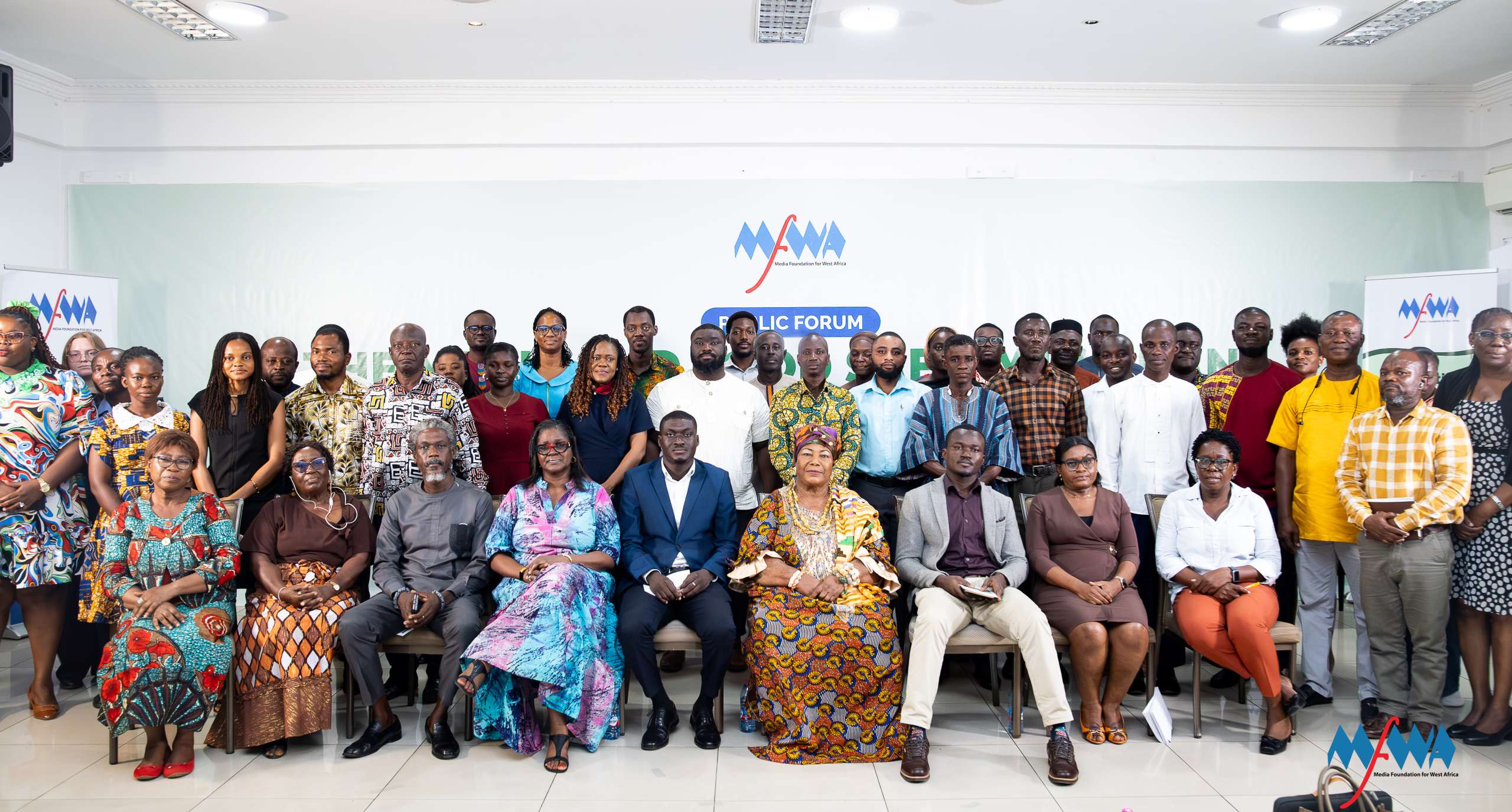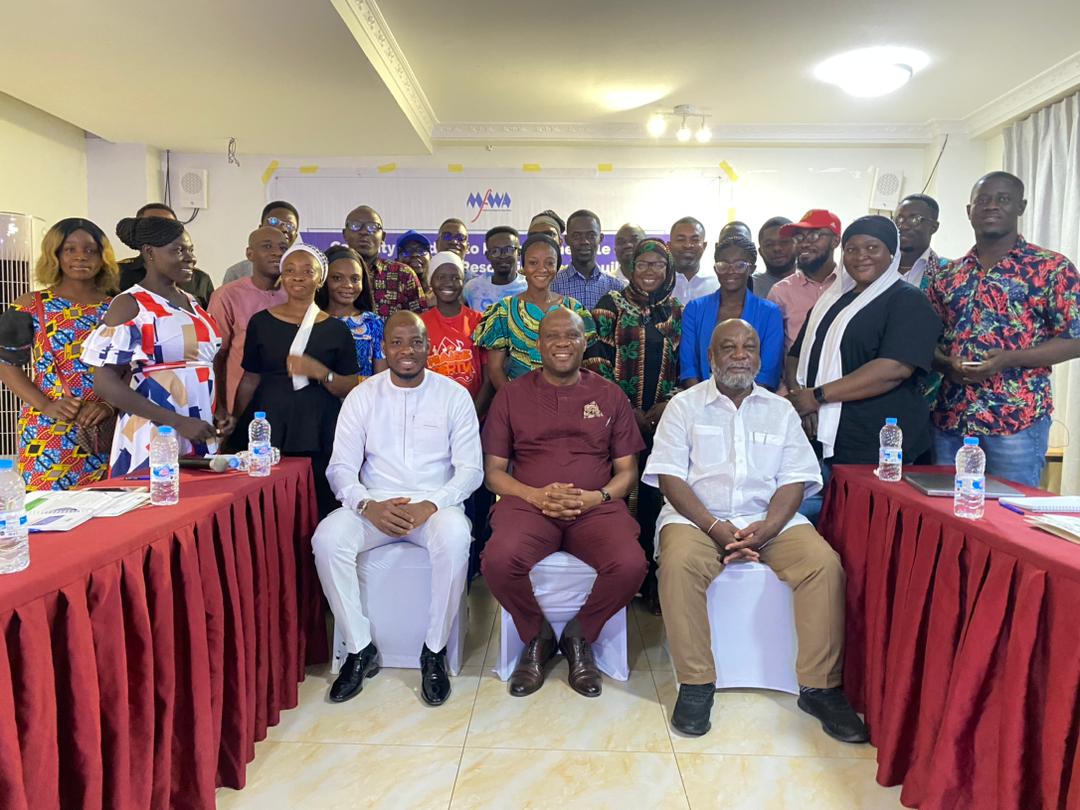Ghana’s growing concerns over chemical contamination in food came into sharp focus at a public forum on Media and Food Safety organised by the Media Foundation for West Africa (MFWA) on November 20, 2025, in Accra. The event brought together journalists, scientists, market leaders, civil society actors, regulators, consumer advocates and the general public for a frank, evidence-driven discussion on the country’s agrochemical challenge and the media’s responsibility in shaping public understanding.
Opening the forum, Abigail Larbi-Odei, Director of MFWA’s Media and Good Governance Programme, highlighted the urgency of the moment. She noted that rising public anxiety over pesticide-tainted vegetables, chemically-preserved grains, and artificially ripened fruits reflects a widening gap in information, regulation and accountability.
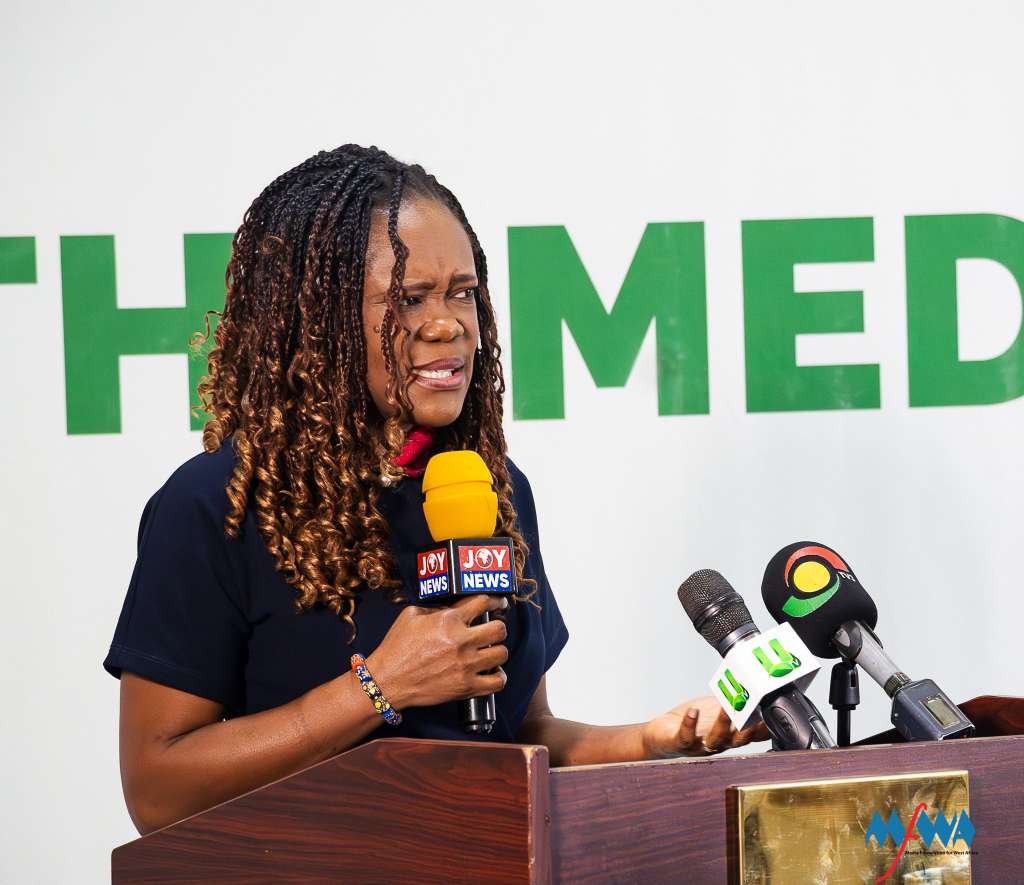
“Every Ghanaian is entitled to safe food. Yet many of the concerns we hear daily remain unanswered because the relevant data is either inaccessible or under-reported,” she said. She stressed that journalists cannot effectively highlight these threats without strong collaboration with regulators, scientists, farmer groups and consumer rights advocates. “This forum creates a space for that shared understanding, and for evidence-based reporting that helps citizens demand safer food systems.”
A major highlight of the discussions was the revelation that the Food and Drugs Authority (FDA) currently lacks the laboratory capacity to test for pesticide residues in food. Maureen Lartey, a Senior Regulatory Officer, explained that the Authority can analyse heavy metals but not pesticide residues, due to limited equipment and staffing.
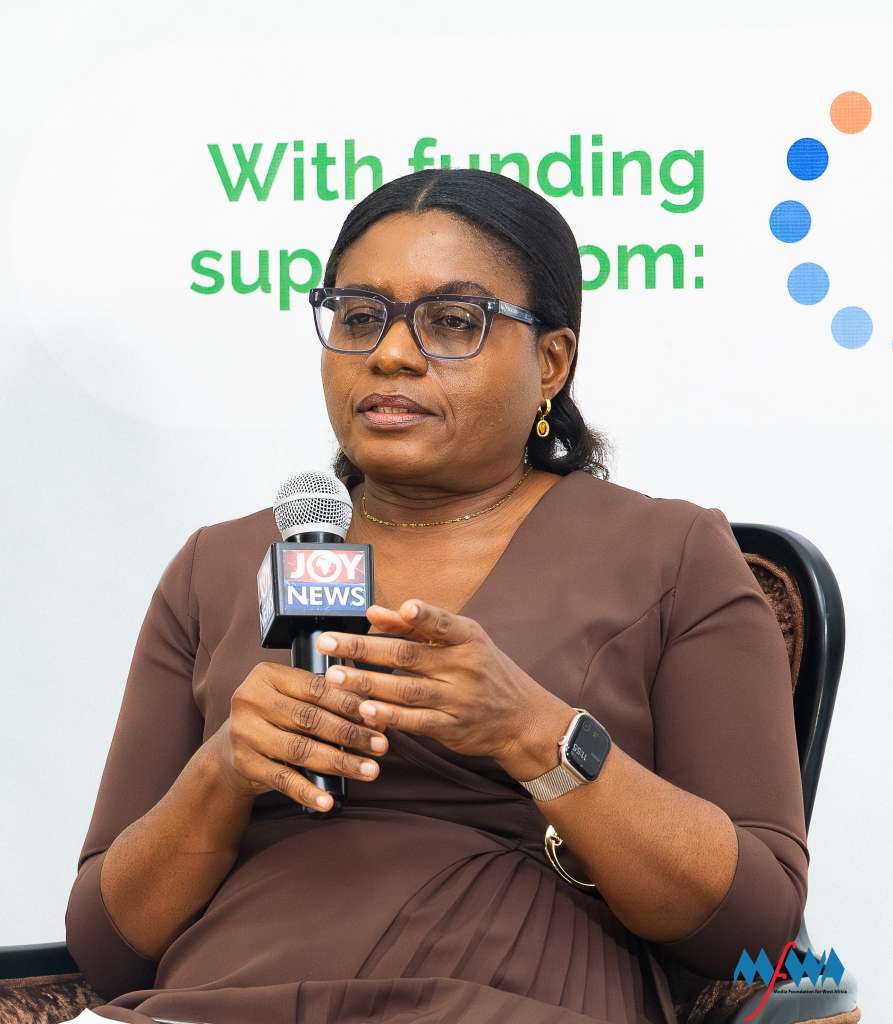
As a result, the FDA intermittently relies on the Ghana Standards Authority for residue analysis, a process she described as expensive and unsustainable. The last two nationwide surveys, conducted in 2019 and 2023, found residue levels within acceptable limits, but the absence of regular testing leaves critical knowledge gaps.
Contributions from scientists further deepened concerns. Yakubu Adam, Consultant Toxicologist at Forensic Investigation for National Development Ghana (FIND-GH), in his keynote address warned that Ghana’s food system is increasingly exposed to both agrochemicals and heavy metals, including those linked to illegal mining. He emphasised the long-term health implications, including emerging evidence of generational toxicity.

Dr. Kwame Sarpong Appiah, crop scientist at the University of Ghana, added that improper handling of agrochemicals by farmers, including non-compliance with pre-harvest intervals and inadequate protective equipment, continues to heighten consumer risks.

Market leaders echoed these worries. Hon. Mercy Naa Afrowa Needjan, President of the Greater Accra Markets Association, said market women remain severely disadvantaged due to poor storage facilities, limited access to safety information, and growing mistrust among consumers. She called for food safety education to be translated into local languages and widely disseminated.
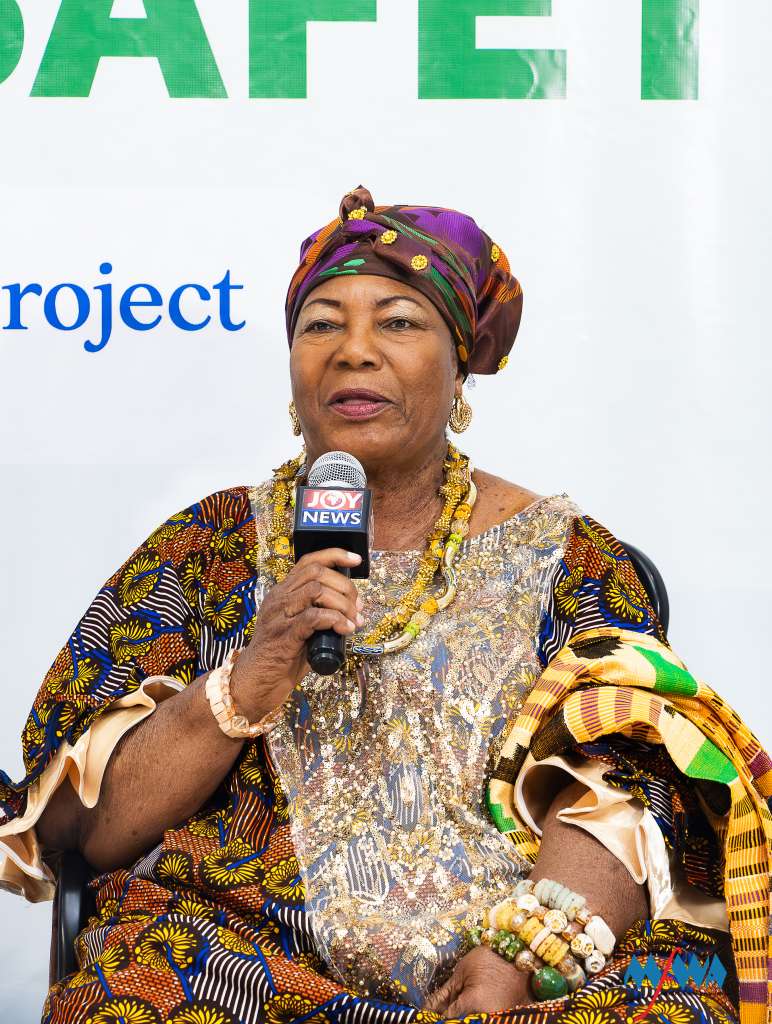
Civil society representatives and journalists also highlighted policy gaps, weak transparency in the importation of agrochemicals and the high cost of pursuing investigative food-safety stories.
Edwin Baffour, Communications Director at Food Sovereignty Ghana, questioned the country’s overreliance on agrochemicals, noting that policy thinking often ignores traditional, chemical-free farming knowledge. “Unfortunately, our policymakers think you can only grow food by using agrochemicals. However, our forefathers were growing food without agrochemicals,” he said.
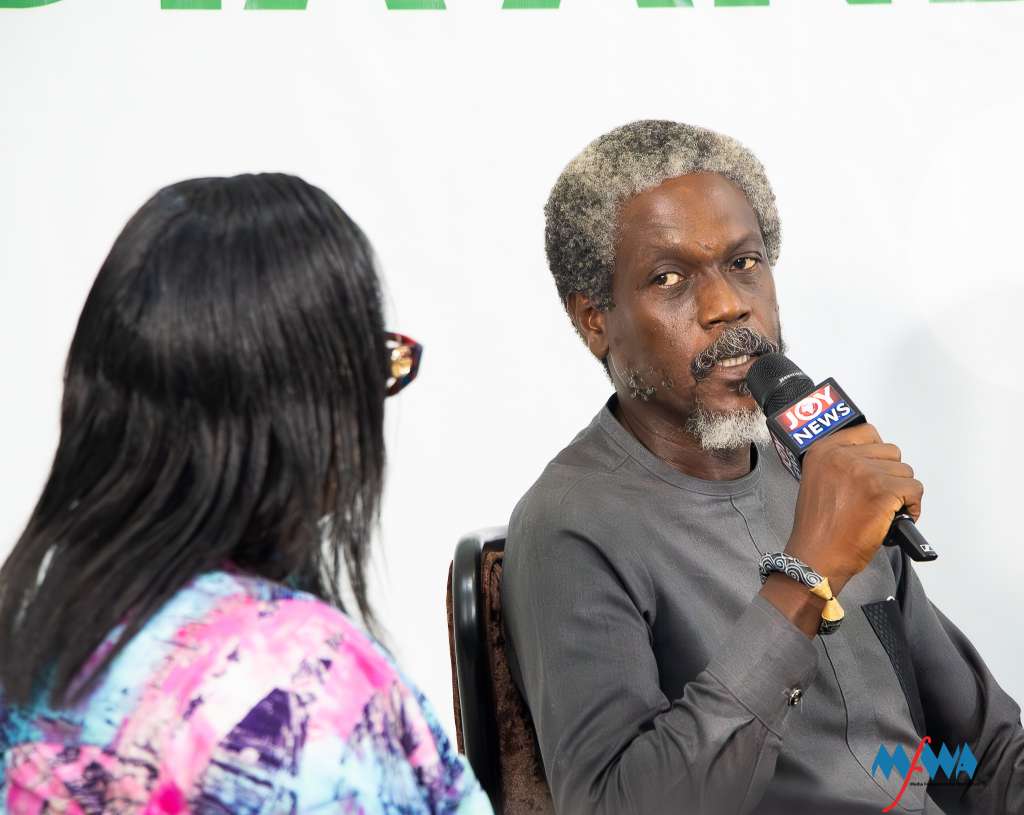
Mr Baffour also highlighted the media’s capacity gaps. “A lot of media personnel need more training on the technicalities of reporting on the use of agrochemicals,” he said, calling for investments that would enable journalists to take on complex, data-heavy stories.
From the Ghana Broadcasting Corporation, journalist Joyce Gyekye emphasised the role of public-interest journalism in bridging the information gap. She noted that GBC’s Obonu Radio already uses Ga and Ga-Dangme programming to sensitise communities on safe agrochemical practices.
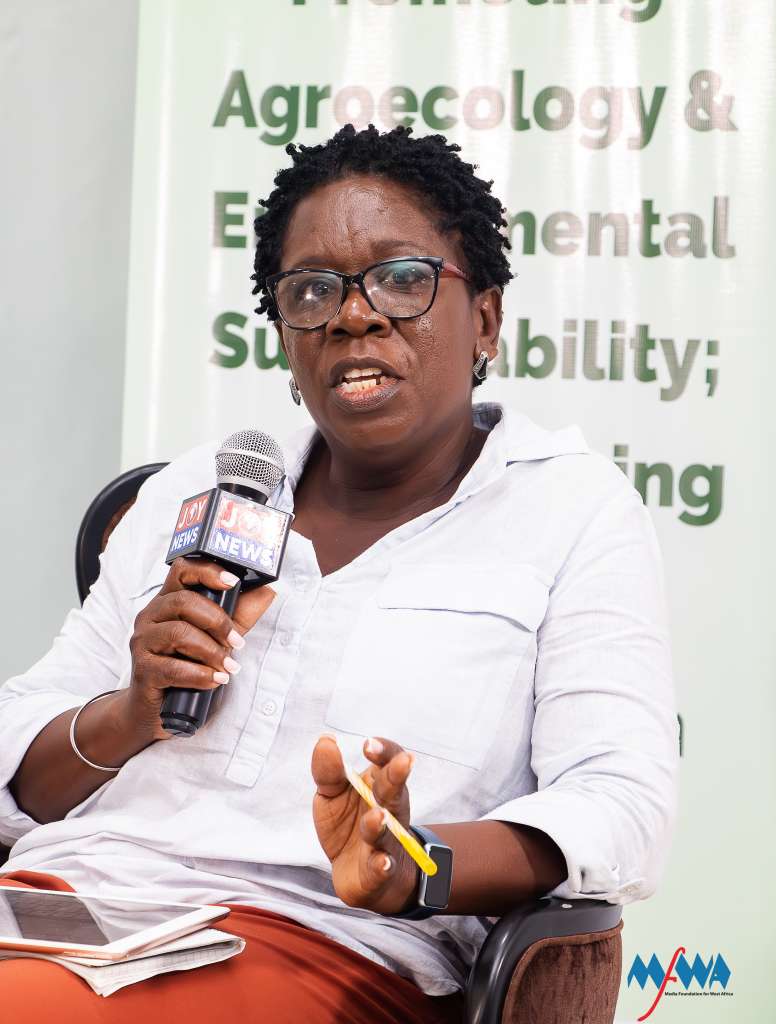
Ms Gyekye stressed the media’s responsibility in shaping public understanding. “The media has a crucial role in educating the public about the processes and the issues that are related to food safety and the chemicals that are applied,” she said.
She also pointed to the financial burden of producing high-quality investigations. “One of the reasons why food safety and the use of agrochemicals have not taken centre stage in the media is because we need investigative journalism to tell some of these stories. And that comes with a high cost,” she explained.
To strengthen reporting, she urged sustained training for journalists. “For journalists to report on these issues and make it their beat, they need to be educated on agroecology and the effect of agrochemicals on food and crops. This will help them do in-depth investigative work to uncover where harmful chemicals originate, how they are stored, and the ways in which farmers may be misapplying them,” she said.
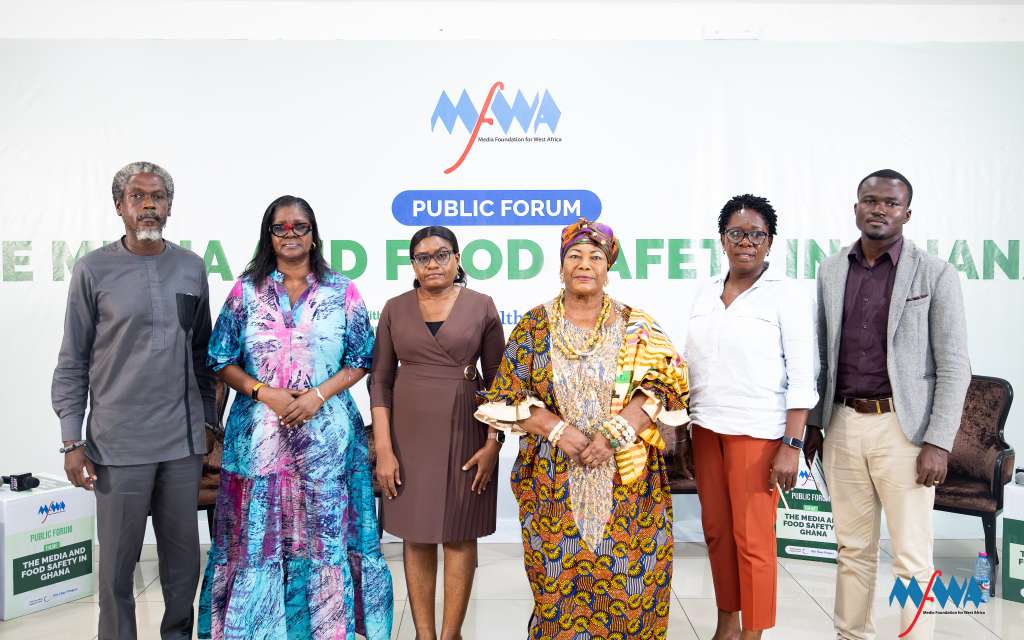
The forum was held with funding from the 11th Hour project of The Schmidt Family Foundation.



